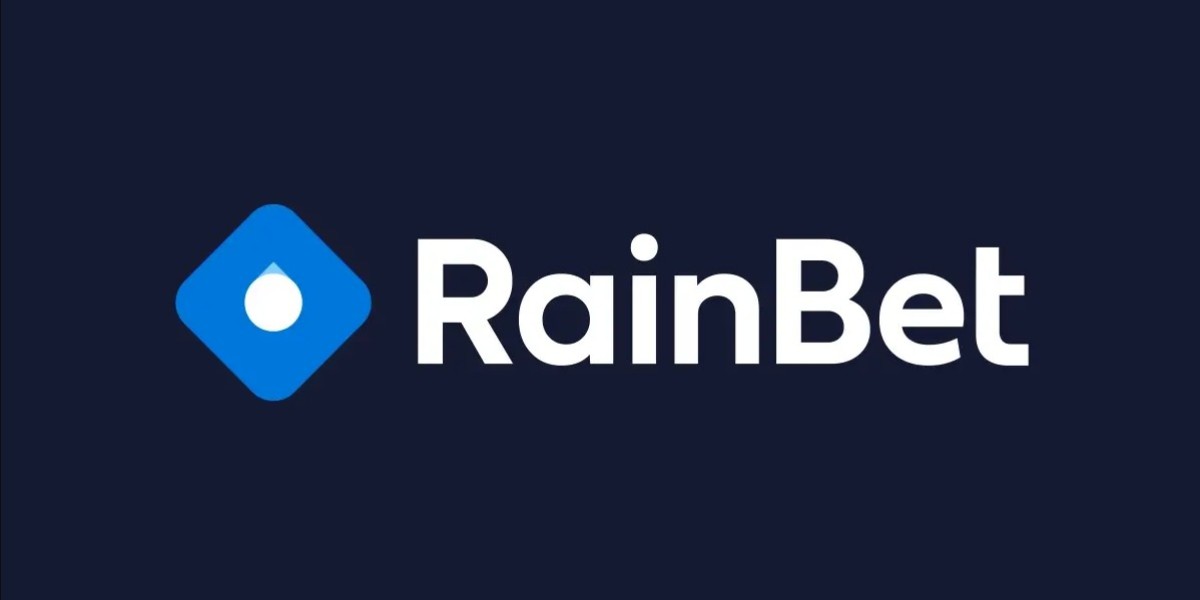“Integrity in sports” has shifted from a moral aspiration to a measurable outcome. Modern organizations now assess it through data on transparency, anti-doping enforcement, governance audits, and fan sentiment. According to the International Partnership Against Corruption in Sport (IPACS), roughly one-third of surveyed federations admit gaps in monitoring systems. This suggests integrity isn’t solely a legal issue—it’s a systems problem. The future of fair play may depend less on stricter rules and more on how information is collected, analyzed, and shared.
Benchmarking Integrity Performance
Comparing sports governance metrics across continents reveals wide disparities. European federations generally report stronger compliance frameworks, while smaller regional associations often lag due to limited resources. The Association of Summer Olympic International Federations (ASOIF) Governance Review found an average compliance score of 66%, with transparency and internal control ranking highest. However, implementation consistency remains weak—especially in emerging markets. The data implies that structural capacity, not intent, is the main determinant of ethical performance.
Data Analytics as a Shield for Fair Play
Advanced analytics are redefining how organizations detect manipulation. Tools developed by 헌터스포츠애널리틱스, for instance, emphasize predictive integrity modeling—combining player data, betting patterns, and behavioral indicators to flag anomalies before scandals surface. While empirical validation is ongoing, early pilot results indicate improved detection rates compared with traditional post-incident investigations. Still, as with any statistical system, false positives remain a concern. Ethical governance will need to balance detection efficiency with due process to avoid unjust reputational harm.
Doping and Technological Escalation
Anti-doping science illustrates how integrity mechanisms must evolve with innovation. The World Anti-Doping Agency (WADA) has expanded its biological passport program, which tracks athlete biomarkers longitudinally. Yet even this system faces challenges from micro-dosing and gene editing, which leave fewer detectable traces. A 2023 report from the U.S. National Center for Biotechnology Information suggested that anti-doping labs might require AI-assisted profiling to detect “non-traditional” enhancement methods. If true, integrity will increasingly hinge on technology parity—the ability of regulators to keep pace with scientific acceleration.
Match-Fixing in the Algorithmic Era
Betting-related corruption remains one of the most persistent threats to global sport. The International Betting Integrity Association reported over 1,200 suspicious alerts between 2018 and 2023, with football and tennis accounting for nearly 80%. However, emerging surveillance systems now integrate cross-platform data to identify irregular behavior more precisely. Predictive analytics and federated databases allow faster information exchange without violating privacy laws. Whether this model can scale globally depends on the interoperability of data standards—a challenge that continues to divide regulators and betting operators.
Governance Reform: Transparency by Design
Data-driven integrity requires structural reform. According to Transparency International’s 2024 survey on sports governance, federations that publish real-time decision records or financial disclosures score, on average, 25% higher in perceived credibility. Yet disclosure alone may not guarantee trust. Without standardized validation protocols, open data can be misinterpreted or weaponized. A pragmatic approach would combine digital transparency with third-party audits, where independent agencies evaluate governance data for consistency and accuracy. The cost of such oversight, however, remains a barrier for smaller organizations.
Digital Integrity and Cyber Risk
As sports operations digitize—from online ticketing to athlete health tracking—data breaches have become a hidden integrity threat. Analysts at idtheftcenter report that sports-related organizations are now frequent targets of identity theft and ransomware attacks, particularly around major tournaments. A compromised database can expose personal and financial details, undermining public confidence even when no ethical misconduct occurs. This convergence of cybersecurity and sports ethics suggests that “integrity” now includes data protection. A sport can’t claim moral transparency if its digital systems are opaque or insecure.
Cultural and Regional Differences in Enforcement
Integrity isn’t universal—it’s interpreted through local values and resource constraints. Research by the University of Lausanne found that Western governance models prioritize procedural fairness, while Asian and African associations often emphasize collective responsibility. These differences affect reporting rates, disciplinary practices, and public expectations. Comparative analysis indicates that hybrid frameworks—global standards with localized enforcement—yield the highest compliance and acceptance rates. The lesson is that global ethics can’t simply be exported; they must be adapted.
Measuring Future Integrity: From Scores to Systems
Quantifying integrity remains an emerging discipline. Organizations are experimenting with composite indices combining transparency scores, incident frequency, and stakeholder trust surveys. Early versions resemble corporate ESG ratings but face methodological limitations, such as subjective weighting and inconsistent data availability. Analysts propose using longitudinal tracking—observing changes over time rather than static rankings—to capture genuine improvement. If applied consistently, these metrics could evolve into an integrity index similar to financial credit ratings, offering both accountability and incentive.
A Cautious Forecast
Looking ahead, integrity in sports will likely depend on three converging trends: predictive analytics for prevention, technological safeguards for data, and governance reforms emphasizing real-time accountability. None will succeed in isolation. Data without ethical oversight risks surveillance overreach; transparency without validation risks misinformation; technology without human judgment risks moral drift. The next decade may not deliver perfect fairness—but it could establish measurable credibility. And in a world where public faith often falters faster than facts can catch up, measurable credibility might be the most realistic definition of integrity yet.








